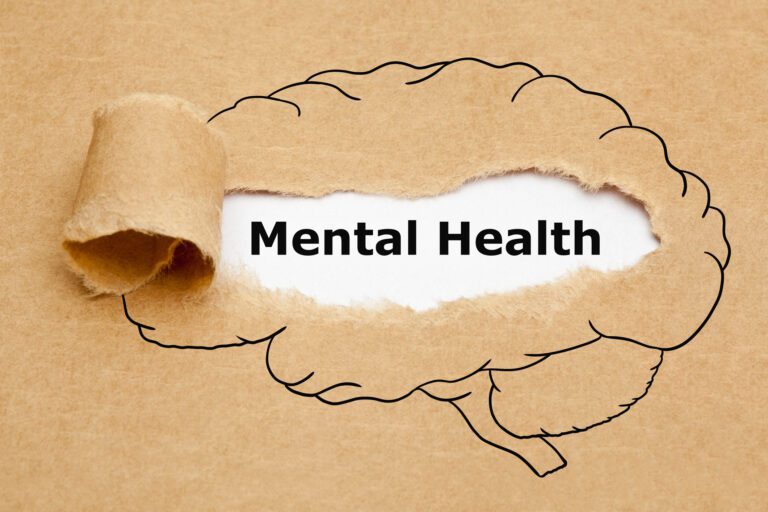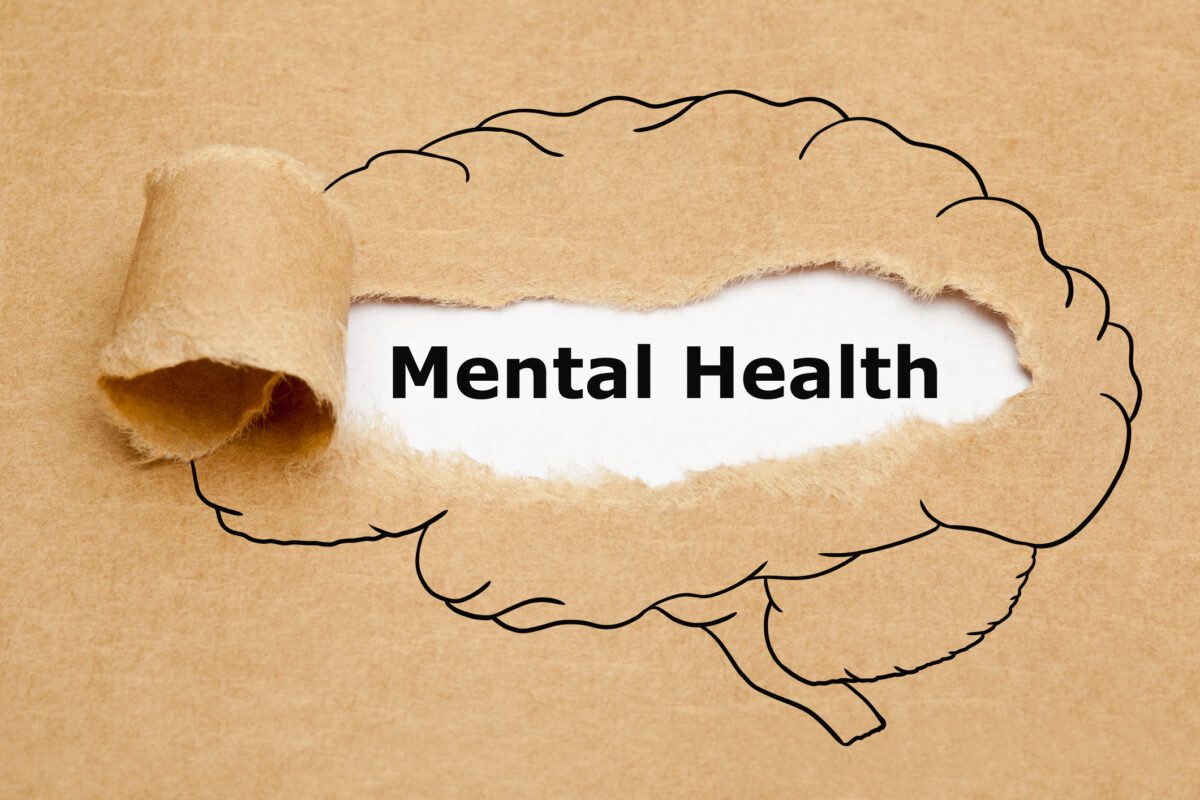Adolescence is a period of significant growth and change, both physically and emotionally. It is not uncommon for teenagers to experience feelings of anxiety as they navigate through the challenges of this stage in life. Understanding adolescent anxiety is crucial for parents to provide the necessary support and guidance to their teens.
Adolescent anxiety refers to excessive worry, fear, or unease that can interfere with a teenager’s daily life. It is important to note that experiencing occasional anxiety is a normal part of life, but when it becomes persistent and overwhelming, it may require intervention. Factors such as academic pressure, social expectations, and hormonal changes can contribute to the development of anxiety in teenagers.
The Impact of Anxiety on Teens
Anxiety can have a significant impact on a teenager’s overall well-being. It can affect their academic performance, social interactions, and emotional stability. Teenagers with anxiety may struggle with concentration and focus, leading to difficulties in school. They may also avoid social situations or isolate themselves, which can hinder their ability to develop healthy relationships and self-confidence.
Furthermore, anxiety can take a toll on a teenager’s mental health, leading to symptoms such as irritability, restlessness, and sleep disturbances. Parents need to recognize the impact of anxiety on their teen’s life and take appropriate steps to address it.
Common Signs and Symptoms of Anxiety in Teenagers
Recognizing the signs and symptoms of anxiety in teenagers is crucial for early intervention. While each teenager may manifest anxiety differently, there are common indicators that parents can look out for. These include excessive worrying, restlessness, irritability, difficulty sleeping, frequent headaches or stomachaches, and changes in appetite.
Additionally, teenagers with anxiety may exhibit avoidance behaviors, such as avoiding school or social activities. They may also experience panic attacks, which are sudden episodes of intense fear or discomfort. Parents need to be observant and proactive in identifying these signs to provide the necessary support.
How to Talk to Your Teen About Anxiety
Initiating a conversation about anxiety with your teenager can be challenging, but it is an essential step in helping them cope with their emotions. Start by creating a safe and non-judgmental space where your teen feels comfortable opening up. Choose an appropriate time when both of you are calm and relaxed.
Approach the conversation with empathy and understanding, validating their feelings and experiences. Encourage your teen to express their concerns and fears, and actively listen without interrupting or dismissing their emotions. It is important to reassure your teenager that experiencing anxiety is common and that you are there to support them.
Strategies for Helping Your Teen Cope with Anxiety
Once you have established open communication with your teenager, there are various strategies you can employ to help them cope with their anxiety. Encourage your teen to practice relaxation techniques, such as deep breathing exercises or mindfulness meditation. These techniques can help them manage their stress and reduce anxiety levels.
Another effective strategy is to help your teen challenge their negative thoughts and beliefs. Teach them to identify irrational or distorted thinking patterns and replace them with more realistic and positive thoughts. This cognitive restructuring can empower your teenager to gain control over their anxiety.
Additionally, engaging in regular physical exercise can significantly reduce anxiety symptoms. Encourage your teen to participate in activities they enjoy, such as sports or yoga. Exercise releases endorphins, which are natural mood boosters and stress relievers.
Creating a Supportive Environment at Home
Creating a supportive and nurturing environment at home is crucial for helping your teen cope with anxiety. Establish clear and consistent routines that provide stability and predictability. Encourage open communication and foster a non- judgmental atmosphere where your teenager feels comfortable sharing their thoughts and concerns.
Furthermore, it is important to model healthy coping mechanisms and stress management strategies. Your teen looks up to you as a role model, so demonstrating effective ways to handle stress can have a positive impact on their own coping skills.
Lastly, ensure that your teenager gets enough restful sleep. Lack of sleep can exacerbate anxiety symptoms. Establish a bedtime routine and ensure that your teen’s sleep environment is conducive to relaxation.
Self-Care Tips for Parents of Anxious Teens
Parenting a teenager with anxiety can be emotionally draining, and parents need to prioritize self-care. Take time for yourself to recharge and rejuvenate. Engage in activities that bring you joy and help you relax, such as reading, exercising, or spending time in nature.
Seek support from friends, family, or support groups who can empathize with your experiences. Talking to others who are going through similar challenges can provide valuable insights and emotional support.
Additionally, consider seeking professional help if you find yourself overwhelmed or struggling to cope with your teenager’s anxiety. A therapist or counselor can provide guidance and support for both you and your teenager.
Resources and Support Networks for Parents and Teens
There are numerous resources and support networks available for parents and teenagers dealing with anxiety. Reach out to school counselors or mental health professionals who can provide guidance and referrals to appropriate services.
Online forums and support groups can also be valuable sources of support and information. Connecting with other parents who have experienced similar challenges can provide a sense of community and reassurance.
Conclusion
Parenting a teenager with anxiety can be a challenging journey, but with the right support and strategies, it is possible to help your teen cope and thrive. Understanding adolescent anxiety, recognizing the signs and symptoms, and creating a supportive environment are crucial steps in this process. By being empathetic, proactive, and seeking appropriate resources, you can provide the necessary guidance and support for your anxious teen.
Remember, you are not alone in this journey. Reach out to professionals and support networks for assistance. Together, we can help our anxious teens navigate through their challenges and lead fulfilling lives.














